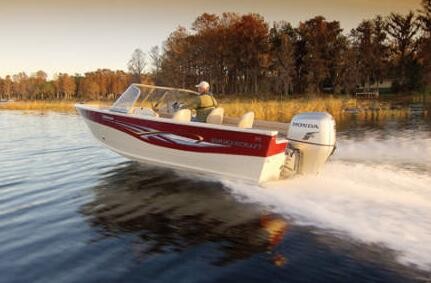Even if you are not a mechanic, it is easy to keep the outboard motor in the best condition every time you do some simple operations after using the outboard motor. Preventive maintenance for marine engines can help you row your boat safely and maintain long-term engine reliability. The following 2 Stroke 30HP Outboard Motor Supplier introduces the maintenance and maintenance skills of outboard motors.

1. Follow marine engine maintenance guidelines
The best protection for an outboard motor is to follow its guidelines for use and maintenance.
2. After each trip
Clean outboard. This applies not only to saltwater adventures, but also to freshwater outings.
Start the Outboard Motor and let the pump run the rest (make sure no one is off the pole and try moving the motor to ensure safe driving).
When cleaning the engine, check the pump to ensure good water flow. Carefully pass your fingers through the water. It can be hot, but it shouldn't be. If the output is not secure, there may be debris on the outflow tube. Stop the engine immediately to prevent overheating and damage. Insert a small bundle of wires into the flow tube and work back and forth. Restart the engine and check the output. If the problem persists, a new pump may be required.
After cleaning the engine, disconnect the fuel line so that the engine can burn all fuel in the carburetor.
After flushing and running out of fuel to drain the engine, make sure the key is closed and turn off the battery switch (if available).
Remove the hood and check for fuel or water leaks. If a leak is found, consult a safe crew.
Wipe everything and spray with rust inhibitor. Lubricate all moving parts such as gearboxes, throttle cables, carburetor valves.
Replace the spinner and wipe clean. During the journey, attach a canvas or plastic cover to the engine.
Always use new fuel. At the end of the season, maintenance of marine engines will include the discharge of fuel tanks and take fuel to appropriate recycling facilities.
2 Stroke 30 HP Outboard Motor
3. Regular maintenance
Check the fuel lines regularly for cracks and wear points.
Inspect the fuel bottom valve for cracks.
Check that the fuel pipe fittings are installed correctly and that there are no leaks.
Inspect the fuel pipe clamps for rust and corrosion.
Inspect the fuel tank for damage or corrosion.
Check the water tank outlet to ensure that the water is pumped correctly.
Check the water in the fuel regularly.
The above is about the maintenance of outboard motors. Have you learned?